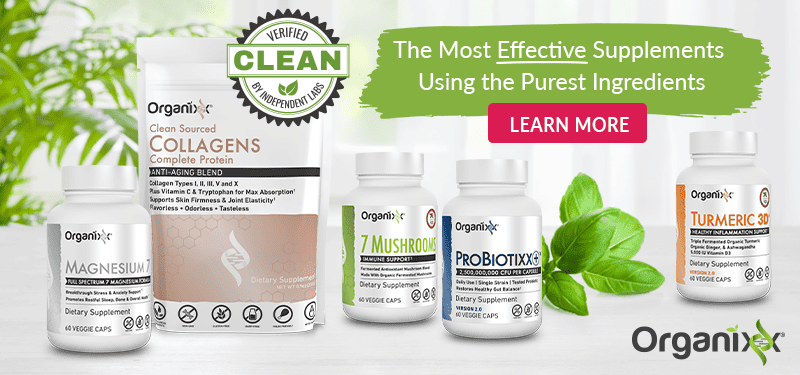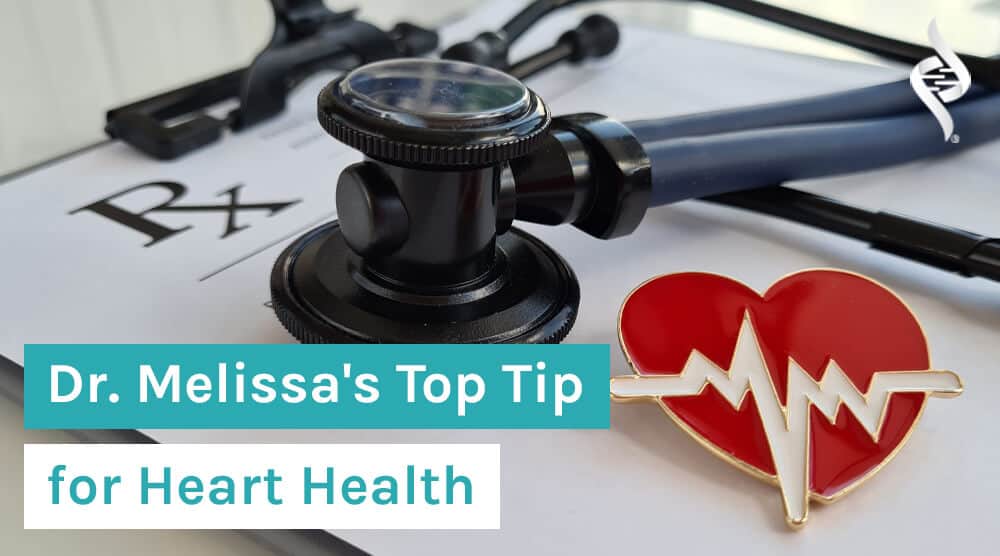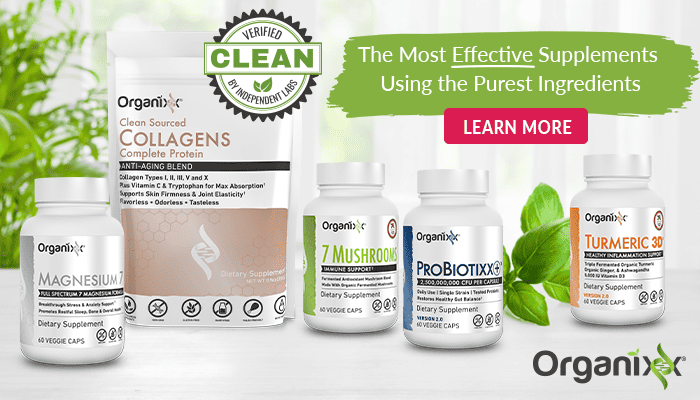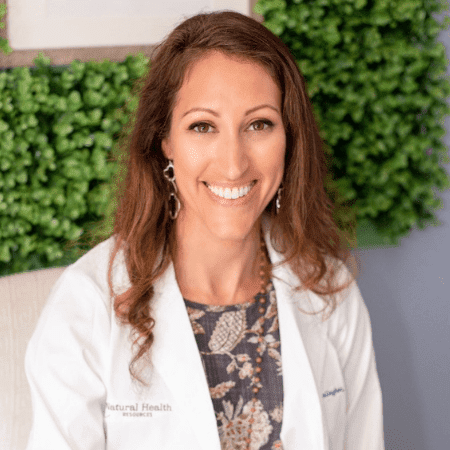Dr. Melissa’s Top Tip For Heart Health
Video Transcript:
If you are looking for the number-one most important thing for you to do to help your heart health or prevent heart disease, or even in some cases reverse heart disease, I’m going to share with you the thing that is critical for you to do to invest time in. And that is to schedule an appointment with a cardiologist.
And this is something that most individuals meet a cardiologist or their new cardiologist when they’re in the hospital in the middle of a heart attack. And that is one of the most challenging, I think, scenarios of heart disease, is that most of us don’t know and we aren’t involved in pre-screenings. So, you go to your normal GP and you have your annual wellness checkup, our heart health isn’t front and center. And so, it becomes necessary, especially if you have any family risk. Like my family, we have heart disease, that’s a risk factor and I’m on it.
Annual Cardiologist Visit Starting at Age 40
And a lot of my patients, I have them schedule and coordinate and find a cardiologist that they see every year. It’s like a normal annual checkup. So, it’s just like your eye doctor, your dentist, your general practitioner, your OBGYN, or your proctologist, or your foot doctor. A cardiologist is a necessary annual visit.
And really, from 40 on, that’s when you want to start going. Because there are an assortment of tests and diagnostic tools, screening tools that can give you really powerful knowledge. You can find out, are you getting the beginnings of arterial blockage? Are they noticing any calcifications presenting? Are you noticing any of the beginnings of maybe heart arrhythmia? Are you beginning to have elevations in blood pressure or increase in heart rate? Those are all really important preventive things to have addressed, but most importantly, diagnostically assessed.
Assessment Knowledge is Power
Assessment is power, and this gives you knowledge and information to then make the necessary lifestyle changes, the dietary changes I’m discussing here this month, as well as adding supplementation that we have here at Organixx, as well as other herbals and things that you can add in.
But knowledge is really important, and pairing up with cardiologists is critical. And this is where having this type of specialty is super important. Because, this is one thing, especially for ladies or gentlemen that have experienced hormonal imbalances, it’s not uncommon for hormonal, like reproductive hormonal imbalance to present. Let’s say elevations in testosterone or even decreases in testosterone. That directly influences your heart health.
And if your OBGYN or your general practitioner or your prostate doctor, your urologist, is identifying that you have an elevation of blood pressure but is not making that connection that it’s testosterone or hormonal-driven, your cardiologist does. They have a different type of expertise and they have a different viewpoint in terms of how to keep you optimized.
And at the end of the day, heart disease is a leading cause of death. Having a cardiologist in your arsenal, your toolbox of wellness resources, and having diagnostic tools every year gives you a baseline, so that you also see if there are any abrupt, subtle changes occurring. You can be powerfully armed and equipped with the ability to make the necessary changes, decisions, and lifestyle changes to help optimize your wellness.
Make the Cardiologist Appointment Today
So, that’s my recommendation. I really know that if you haven’t seen a cardiologist ever, it’ll be truly a life-changing experience. And if you haven’t seen your cardiologist on an annual basis, call up and get that appointment.
So, that’s my takeaway for you. Let us know how it goes. Let us know if there are any findings that you’re really excited that they found, that could be preventive, and could actually save your life. I love hearing those stories. I know they’re there and I really hope you take this to heart.
Organixx is your one-stop-shop for the most up-to-date health tips… all-natural remedies… and organic solutions for all your health needs. See our full product line here.






I agree with the comments as mentioned above. Also, will be looking for other companies.
I will be 80 next month and I do not see a cardiologist. I used to see one, but they prescribed (for years) pills for hbp. It turns out that I do not have hbp. The problem is that I do not register correctly on a bp cuff. It runs up to 210 every time and I yank it off because it hurts. Taken by hand my my is normally just under 140/70. I live in a rural area and the cardiologists here insist on their&&** electric cuffs. So, your advice is not usedul for me.
I have two cardiologists, I see annually, however I don’t really trust them for much more than put me on meds. ♀️ I’m off my meds and taking 7M and Magnesium 7.